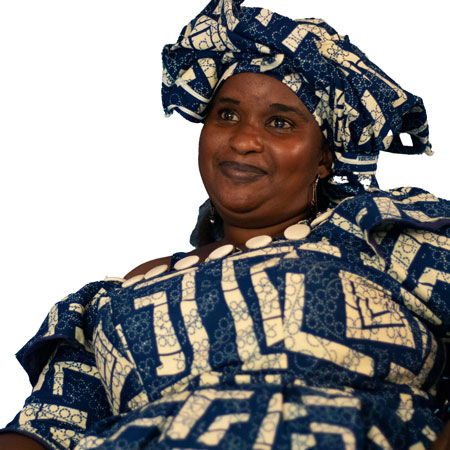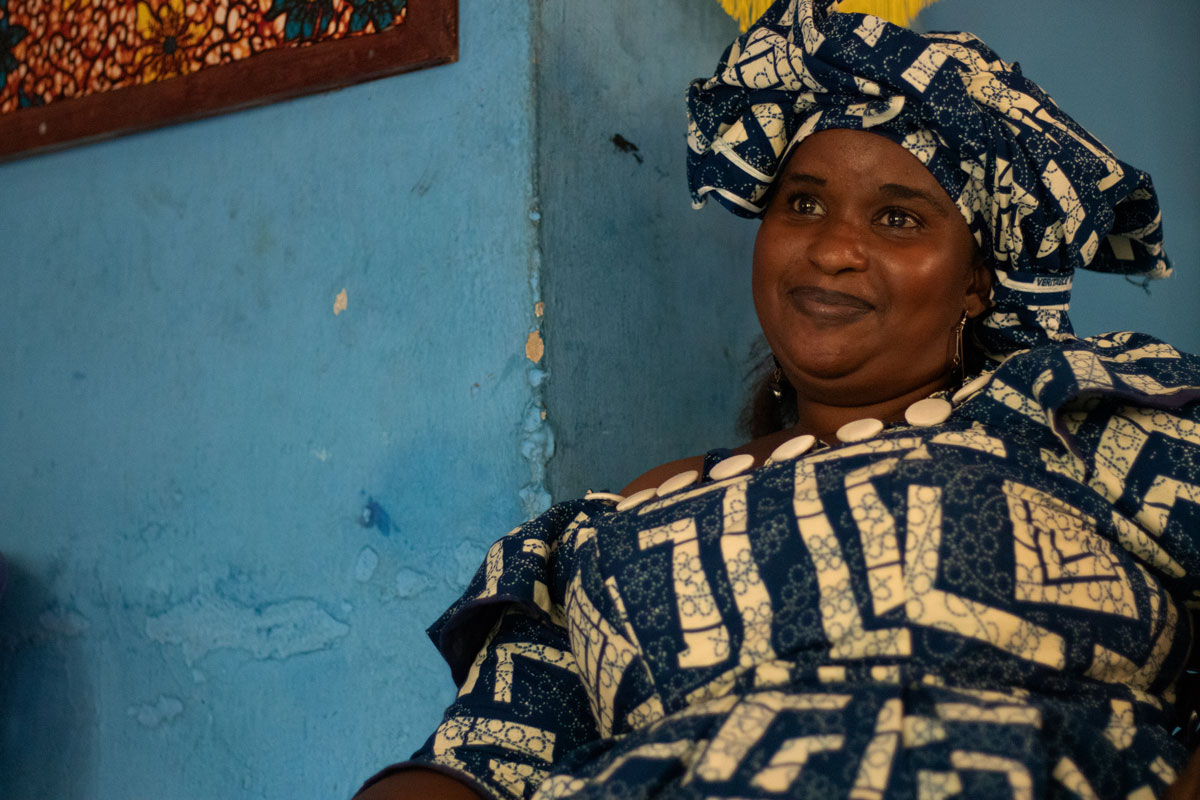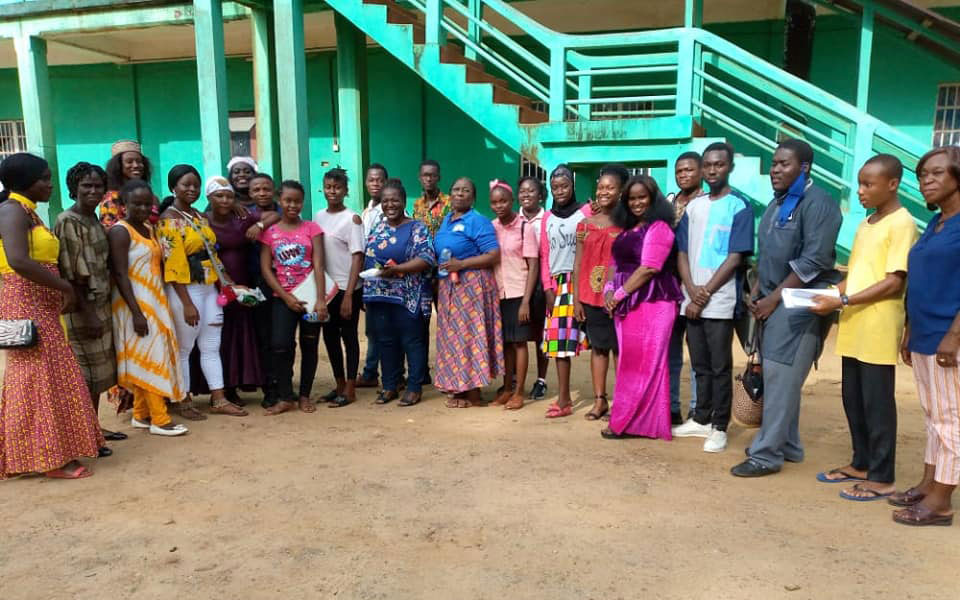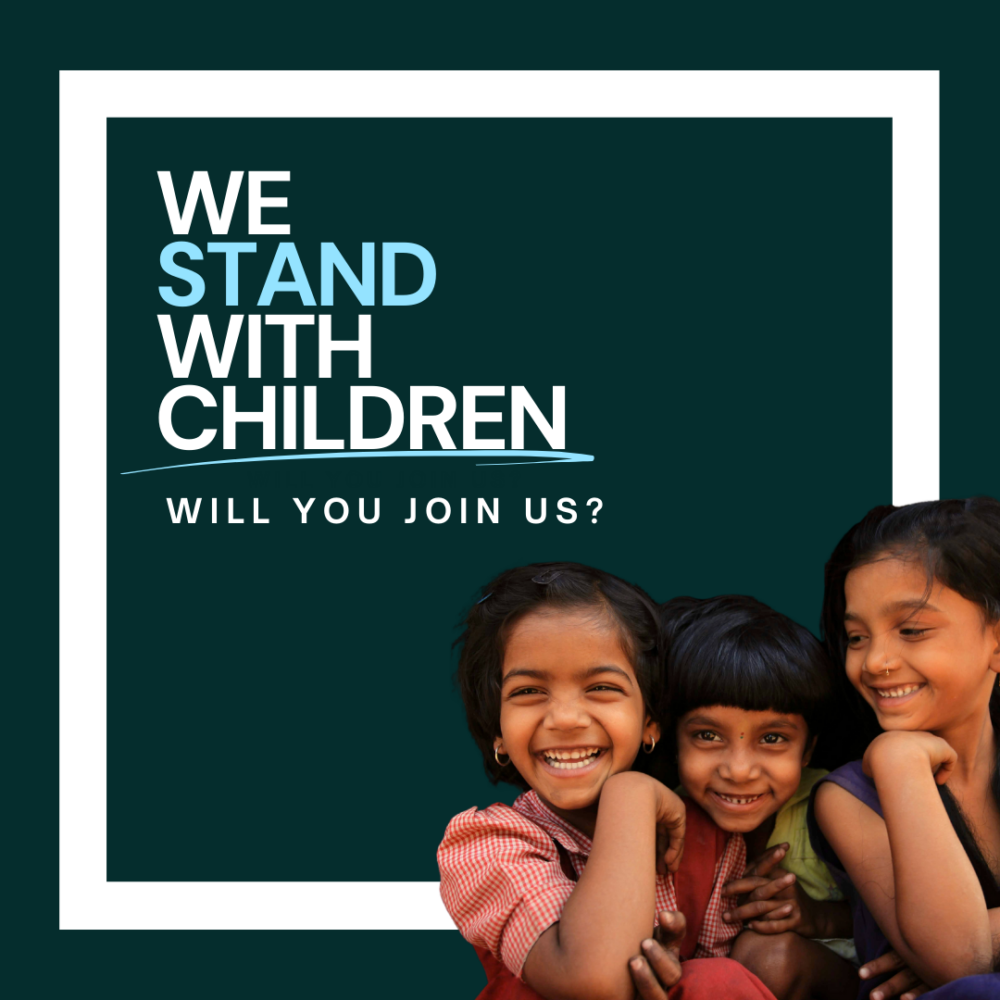
Honoring Rassie Bah’s legacy: The resilience and courage of a game-changing team
International Women’s Day (IWD) is a powerful opportunity to celebrate the significant advances that have already been made in gender justice, and to reiterate our ongoing commitment to invest in supporting girls’ and women’s rights and wellbeing. This year’s IWD theme is “Accelerate Action”, encouraging us all to accelerate action for gender equality.
With our Sierra Leone-based partner, Center for Advocacy and Sustainable Empowerment (CASE SALONE), we are honoring the incredible legacy of CASE SALONE’s founder and executive director, Rassie Bah, who tragically passed away a year ago at the age of 40.
Rassie was a visionary leader
Born into a community where girls’ education and wellbeing are not prioritized, Rassie refused to let these societal norms define her. She defied cultural and societal barriers to pursue her education and fulfill her potential. Overcoming numerous challenges including early and forced marriage, and domestic violence, she completed her elementary, secondary, and tertiary education with the unwavering support of her mother. Her journey of resilience became the foundation of her deep commitment to empowering other girls facing similar struggles, inspiring them to rise above adversity and reach their full potential.

Drawing from her personal experiences, Rassie founded CASE SALONE in Bo, Sierra Leone, in 2016 (and officially registered it in 2017) with the mission of equipping girls and women with the tools and resources to defend their rights and realize their full potential. Believing in the transformative power of young people—both female and male—to create lasting change within their communities, Rassie opened the doors to graduates from local universities, empowering them with hands-on work experience and involving them in shaping the future of the organization.
The trajectory of CASE SALONE shifted in 2020 when it crossed paths with GFC, which became its first institutional funder. GFC’s belief in CASE SALONE’s potential and in its work provided crucial support that has helped it to achieve its vision.
Rassie’s sudden passing left the organization at a crossroads
Many wondered whether CASE SALONE would be able to continue without her as a driving force. The future seemed uncertain, and some feared that the organization would disband in the face of such profound loss.
But Rassie had done more than just build an organization. She had cultivated a deep sense of purpose and unity within her team. Through her mentorship, she had nurtured a group of committed leaders who were prepared to continue her work.
Amidst great sorrow and confusion, the team rallied together with incredible strength, resilience, and an unwavering commitment to their mission. They worked closely with the Advisory Board to set up a swift, transparent and thorough recruitment process for a new Executive Director. Competing with external candidates, the organization’s Administrative and Finance Manager, Mariama Kunateh, emerged as Rassie’s natural successor. Mariama had served under Rassie’s leadership and demonstrated her own deep understanding of the organization’s vision, values, and needs. The Board were convinced of her capacity to uphold and continue Rassie’s work.
One year on
Twelve months after Rassie’s death, CASE SALONE’s team has made significant progress, with GFC’s continuous financial and capacity-strengthening support. The team looked carefully at their fundraising strategy and sought innovative ways to ensure the organization’s sustainability. This led them to develop an endowment strategy, which raised over $10,000 in just six months. These funds allowed CASE SALONE to invest in critical resources such as computers, office furniture, and motorbikes—essential tools for the growth and operation of the organization at a pivotal moment.
CASE SALONE has also secured a grant from Fund for Global Human Rights, which has enabled it to launch its Climate Resilience Initiative. This initiative aims to address the urgent environmental challenges facing local communities and empower them to adapt to and mitigate the effects of climate change. In addition, CASE SALONE sealed a partnership with Junior Achievement Africa in 2025 – after meeting at the 2024 Adolescent Girls Summit in Liberia – to implement a transformative social equity program for youth empowerment in Sierra Leone. The project seeks to strengthen the capacity of 3,000 youth in entrepreneurship, leadership, mental health and job readiness.

Convinced that strong systems and policies are essential for building trust and securing support, CASE SALONE has comprehensively reviewed its policies and restructured its overall programs for greater impact. As a result, it is increasingly being sought after for partnerships and collaborations, with other organizations reaching out to leverage CASE SALONE’s expertise.
This International Women’s Day, GFC is sharing CASE SALONE’s story and work as a powerful reminder that every action, no matter how small, contributes to a larger movement toward gender justice. We are proud to be part of CASE SALONE’s journey and remain committed to supporting similar organizations to accelerate action for gender justice and make a meaningful difference in the lives of women and girls in Sierra Leone and beyond.
The road to gender justice remains long
As we reflect on the progress made so far, we also acknowledge that there is a lot still to be done. Recent studies show that over half of African girls aged 15-19 in sub-Saharan Africa are either out of school, married, or have children. Additionally, new global estimates show a 15% increase in the total number of survivors of female genital cutting or mutilation compared with data released in 2016. Furthermore, across the 20 sub-Saharan African countries, 28.8% of girls aged 15-19 report having ever experienced physical or sexual violence.
These statistics are a call to action. They highlight that the road to achieving gender justice is still long and requires concerted efforts across sectors, communities, and countries to dismantle the barriers that hold girls and women back.
Amid these challenges, CASE SALONE provides us with hope and inspiration. Its work demonstrates that, despite the obstacles, progress is possible when we invest in organizations led by women and girls with lived experiences—those who, like Rassie, intimately understand the unique challenges they face, and possess the knowledge and insight to drive lasting change.
